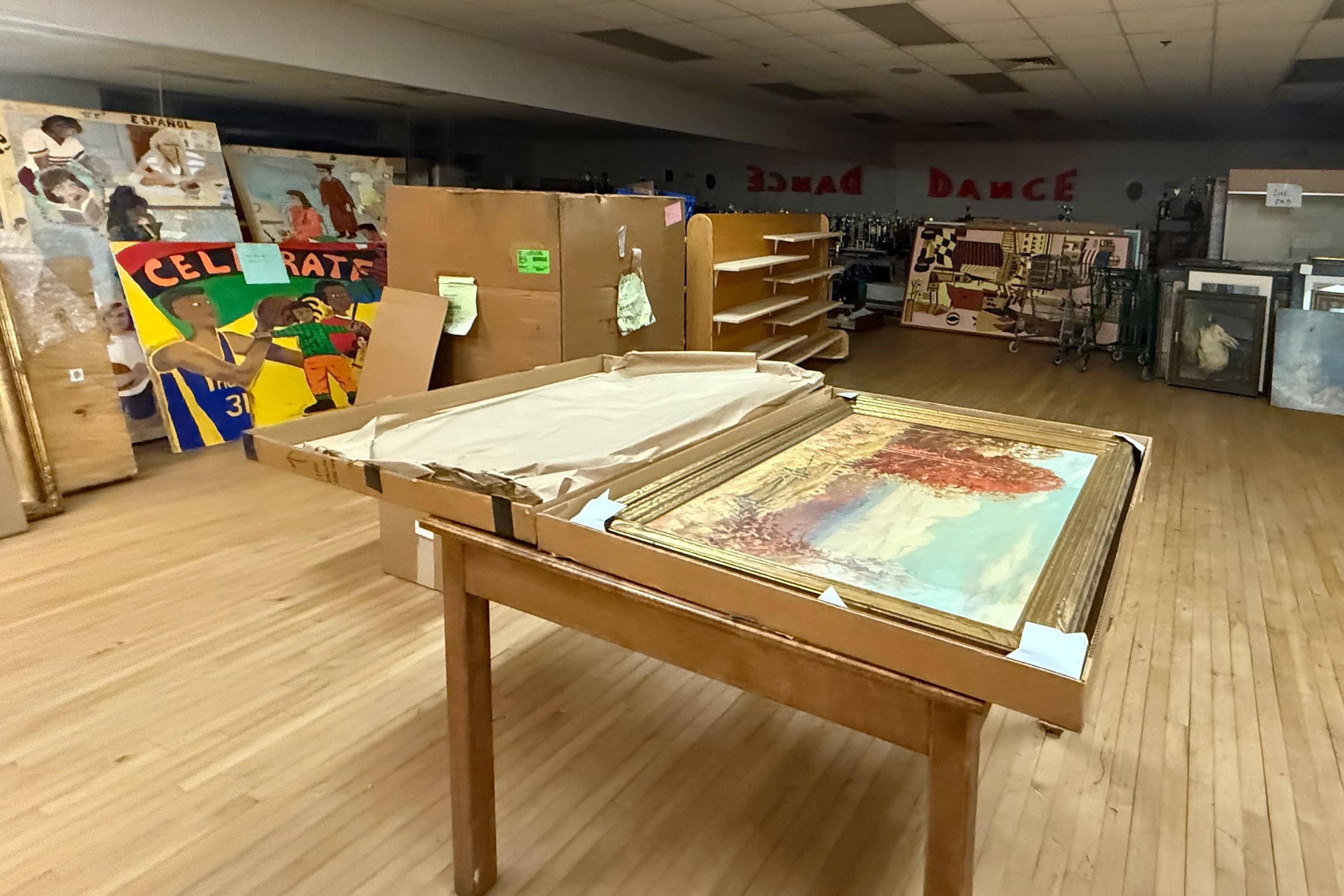Sign up for Chalkbeat Indiana’s free daily newsletter to keep up with Indianapolis Public Schools, Marion County’s township districts, and statewide education news.
Indianapolis Public Schools plans to use over $1 million in proceeds from the sale of artwork to boost arts education for IPS students.
The school board on Thursday will vote on whether to transfer 148 pieces of art that the district has in storage to the nonprofit IPS Foundation. Under the proposal, the foundation would then sell the paintings to the Indiana State Museum and Historic Sites, which received a Lilly Endowment, Inc. grant to purchase the pieces for $1.16 million as part of the $1.65 million grant.
The sale would establish the IPS Arts Enrichment Fund to support “high-quality arts instruction, enrichment activities, field trips, and visiting artists programs across IPS schools,” the district said in a press release.
“This proposed partnership honors our past while investing in our students’ creative futures,” IPS Superintendent Aleesia Johnson said in a statement. “These historic artworks reflect the deep connections between IPS and the Hoosier arts community.”
Many of the pieces of art, which date from the 1890s through the 1970s, once hung in IPS schools that are now closed, according to the district.
The proposal follows a multi-year district art restoration project that included assessing over 1,000 pieces of art, furniture, and other items in permanent storage, according to IPS. While low- or no-value art and furniture were auctioned in January 2024, other pieces of art were identified as “fine art” and appraised.
A final report from that project concluded that some of the art had significant value but faced risk of further deterioration without qualified staff or resources to preserve it. The report recommended turning the collection over to an accredited museum, according to the district.
The district would start putting the sales proceeds to use in the fall of 2026, according to IPS. IPS administrators and the district arts instruction team would determine how to use the Arts Enrichment Fund.
The state museum would select a portion of the collection to join its own permanent collection, and would plan to place the remaining pieces with other Indiana institutions such as museums, libraries, and community centers, according to a presentation that will be given to the school board this week.
The rest of the Lilly grant would fund the restoration and conservation efforts of the artwork.
“As a statewide institution that has been heavily focused on Indiana art for more than a century, we have an opportunity to use our expertise to ensure the responsible stewardship of these artworks and to make them publicly accessible again,” Susannah Koerber, the state museum’s chief curator and research officer, said in a statement. “Through this collaboration, we can also help ensure that IPS students continue to experience art in meaningful ways.”
Amelia Pak-Harvey covers Indianapolis and Lawrence Township schools for Chalkbeat Indiana. Contact Amelia at apak-harvey@chalkbeat.org.






